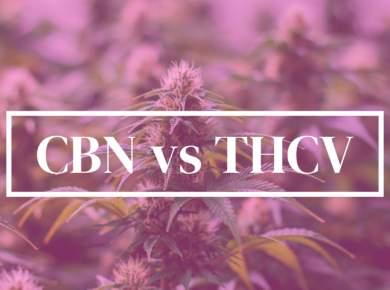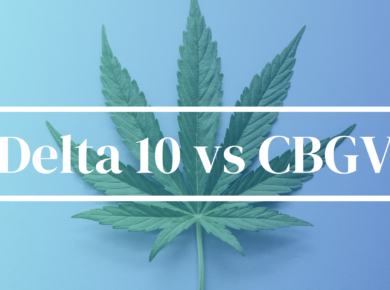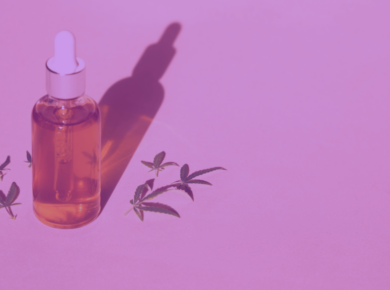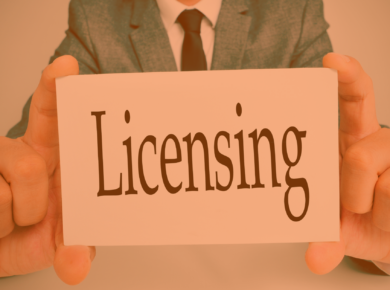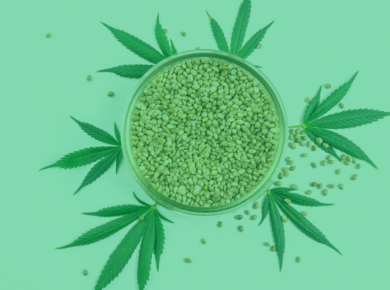CBDa (Cannabidiolic Acid) and THC (Delta 9-THC) both originate from the vast world of cannabinoids, but they present distinct characteristics, especially in their psychoactive properties and their occurrence within the cannabis and hemp plants.
CBDa, primarily found in raw and unprocessed cannabis or hemp, is non-psychoactive, meaning it does not induce the “high” commonly linked with cannabis consumption. It acts as a precursor to CBD (Cannabidiol), transforming into CBD through a process known as decarboxylation, which involves heat.
Conversely, THC, or more specifically Delta 9-THC, is renowned for being the main psychoactive compound within cannabis, responsible for the intoxicating effects or the “high” associated with its use.
While both cannabinoids can be found within the cannabis and hemp plants, their impact on the human body, particularly regarding psychoactivity, markedly differs due to their distinct chemical structures.
Be mindful that while cannabinoids are becoming more recognized in the wellness industry, their legality may fluctuate based on your location. Always ensure to check local regulations and consult with a healthcare professional before venturing into the use of cannabinoid products.
Many States allow hemp derived cannabinoids under the 2018 Farm Bill as long as they contain less than .3% D9 THC. Some States have explicitly banned cannabinoids like Delta 8, so check your local rules and regulations before purchasing.
Here’s the rules for Kush.com and more details
Frequently Asked Questions (FAQs)
- What are CBDa and THC?
- These are cannabinoids found within the cannabis and hemp plants. CBDa is non-psychoactive and acts as a precursor to CBD, while THC is psychoactive, causing the “high” often associated with cannabis.
- How are CBDa and THC Produced?
- Both cannabinoids are produced through biosynthesis within the hemp plant. CBDa originates from CBGa, while THC comes from THCa, each transforming through the decarboxylation process involving heat.
- Main Differences Between CBDa and THC?
- The primary distinction lies in their psychoactive effects: CBDa does not induce a “high,” while THC is well-known for its psychoactive properties.
- Are CBDa and THC Present in Hemp?
- Yes, both can be found in hemp, with CBDa being more prominent, and THC present in less than 0.3% concentration, adhering to legal stipulations.
- Usage of CBDa and THC?
- CBDa is often utilized in its raw form or converted into CBD, while THC is consumed in various forms, like smoking, vaping, or as edibles, subject to regional regulations regarding its psychoactive nature.
Medical Disclaimer The information provided herein is for educational purposes only and is not a substitute for professional medical advice. Always consult your healthcare provider before engaging with any cannabinoid products.
Explore
More

